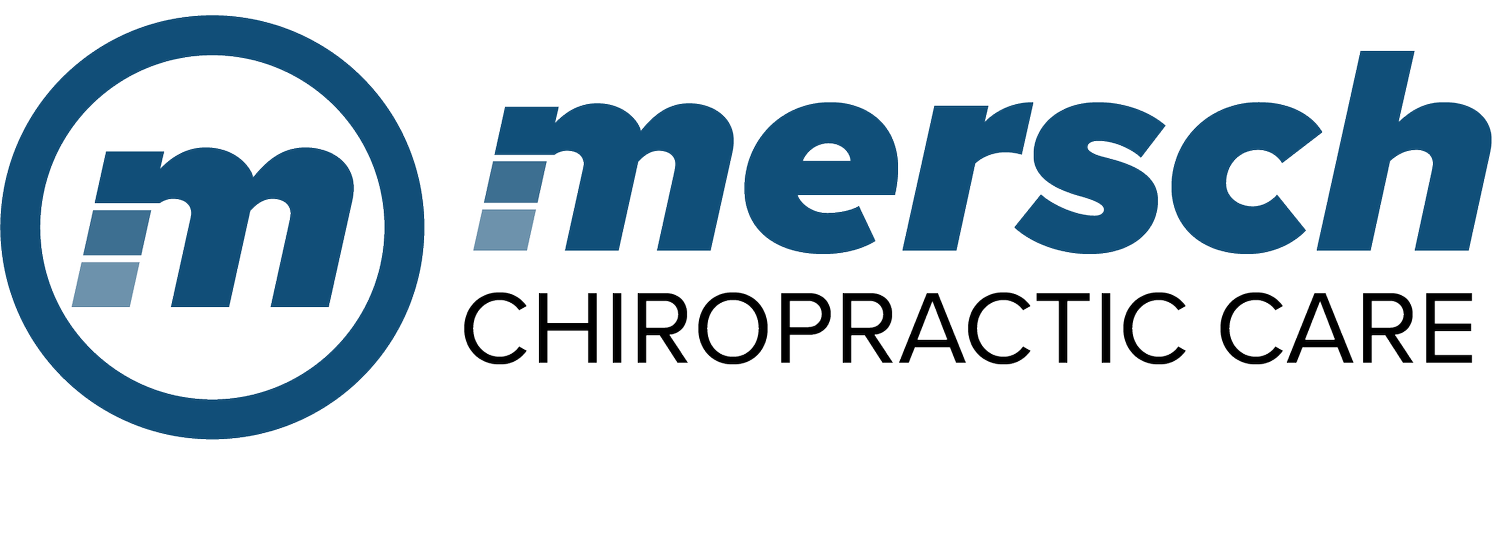Managing and Rehabilitating Sports-Related Muscle Strains with Chiropractic Methods
For athletes, muscle strains are an all-too-common challenge that can disrupt training routines and hinder performance. Whether you're a professional athlete or a weekend warrior, understanding how to effectively manage and rehabilitate sports-related muscle strains is essential for a speedy recovery. In this blog post, we'll explore the causes of muscle strains, delve into chiropractic methods for managing them, and discuss the role of chiropractic care in the rehabilitation process.
Understanding Sports-Related Muscle Strains:
Causes:
Muscle strains occur when muscle fibers are stretched or torn, often due to sudden, forceful movements or overexertion.
Common in sports that involve explosive movements, rapid changes in direction, or heavy lifting.
Types of Strains:
Grade I: Mild strain with minimal tearing of muscle fibers.
Grade II: Moderate strain involving partial tearing of fibers, leading to increased pain and swelling.
Grade III: Severe strain with a complete tear of muscle fibers, resulting in significant pain, swelling, and loss of function.
Chiropractic Methods for Managing Muscle Strains:
Chiropractic Adjustments:
Manual adjustments target misalignments in the spine and affected joints, promoting optimal healing conditions for the strained muscle.
Adjustments can also enhance overall joint function, reducing stress on surrounding muscles.
Soft Tissue Therapies:
Techniques such as massage, myofascial release, and trigger point therapy focus on relieving muscle tension and promoting blood flow to the injured area.
Soft tissue therapies aid in reducing inflammation and improving flexibility during the recovery process.
Kinesiology Taping:
Kinesiology tape provides support to the injured muscle, reducing strain and enhancing proprioception.
Proper taping techniques aid in the healing process and provide additional stability during physical activity.
Rehabilitative Exercises:
Chiropractors design customized exercise programs to strengthen the injured muscle gradually.
Targeted exercises focus on rebuilding strength, improving flexibility, and restoring functional movement.
Chiropractic Care in the Rehabilitation Process:
Individualized Treatment Plans:
Chiropractors create personalized treatment plans based on the severity of the muscle strain, the athlete's specific needs, and the requirements of their sport.
Tailored care ensures a comprehensive and effective approach to rehabilitation.
Progress Monitoring:
Regular follow-up appointments allow chiropractors to monitor progress, adjust treatment plans as needed, and provide ongoing support throughout the recovery process.
Monitoring helps prevent the recurrence of muscle strains and promotes long-term musculoskeletal health.
Prevention Strategies:
Chiropractors work with athletes to identify and address contributing factors to muscle strains, such as biomechanical issues or muscle imbalances.
Prevention strategies may include specific exercises, ergonomic recommendations, and education on proper warm-up and cool-down routines.
Conclusion:
Recovering from sports-related muscle strains requires a multifaceted approach that addresses not only the immediate injury but also the underlying factors that may contribute to its occurrence. Mersch Chiropractic Care, with its focus on sports medicine, offers a holistic and personalized solution for managing and rehabilitating muscle strains. By combining chiropractic adjustments, soft tissue therapies, and rehabilitative exercises, athletes can not only recover faster but also build resilience against future injuries. If you're dealing with a muscle strain or looking to optimize your recovery process, consider contacting our office which can provide the specialized care and expertise needed for a successful rehabilitation journey.

